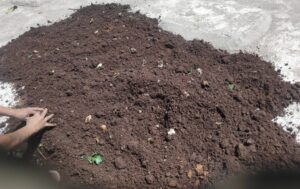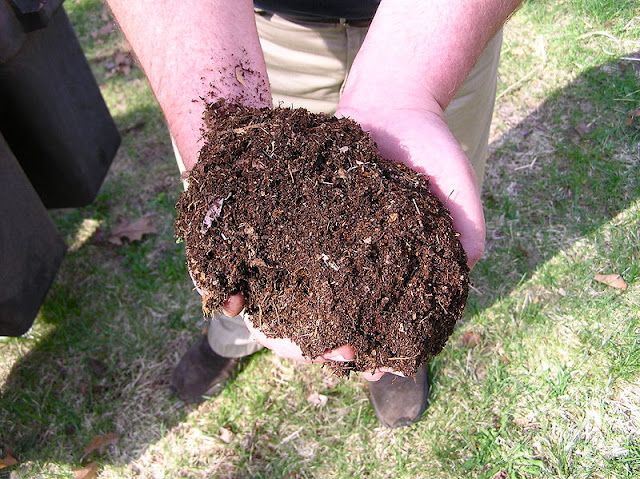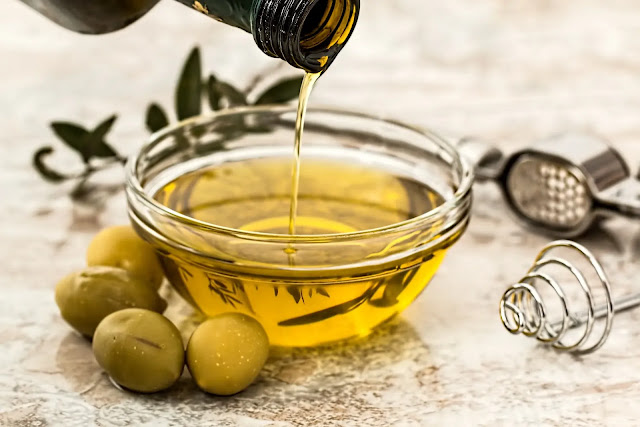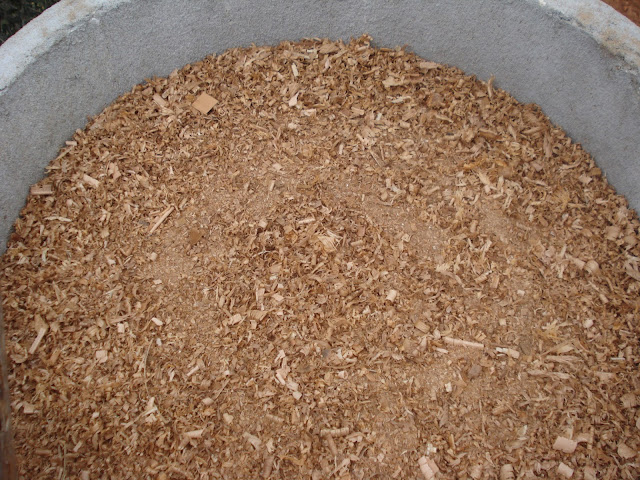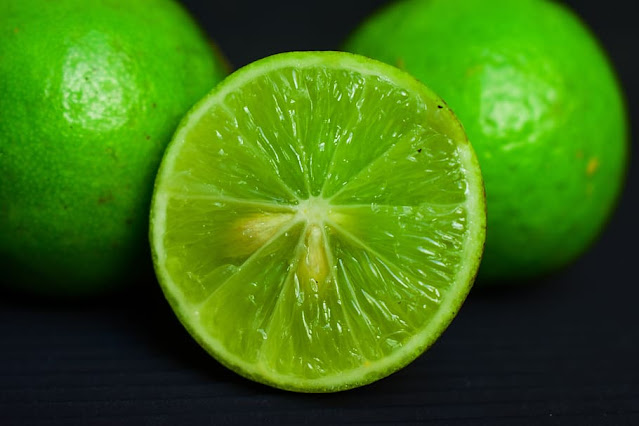Is Waste to Compost Machines is good way to dispose waste in proper way..??
Composting seems a feasible way to solve some of the problems associated with waste management, regarding waste management. The circular stated that entities that generate more than 100 kg of wet- waste every day should install within their own capacities to dispose the wet waste. Therefore a lot of entities have made various attempts to segregate the wet waste generated at source from the inorganic waste and utilized the wet waste generated for composting processes. The following techniques have been utilized by them.
USE of Compost Machines:
Various shopping malls, industrial setups, offices have been using a in-vessel waste composting machine which is basically a mechanical machine that works using electricity, manual labor to convert the wet waste generated into usable compost. The following image shows the machine which is used.
Waste to Compost Machine:
* A typical in vessel waste to compost machines based on electric power.
Such machines have capacities ranging from low as 5 kg per day to 500 kg per day of wet waste to compost. These machines are the fastest when it comes to create compost. It usually converts the waste into usable soil additives within a 24 hour time. However the major drawback of the machine is the requirement of electric power which adds to the cost and also the initial capital investment needed to purchase these machine.
Such machines are now being installed at various places in Mumbai from where BMC does not collect waste.
Also Read: Convert Wet Waste into Compost
in vessel bio gas waste generator:

Another Waste to compost machines that solves the issue of wet waste is an in vessel bio gas waste generator. (See image above )
Here the operation is simple, the wet waste generated is put into the plastic tanks and with enough time to generate an-aerobic process slurry and bio gas can be collected to generate useful energy. Bio gas generated from such processes can be utilized as a gas to produce heat necessary for cooking purposes. However the bio gas production takes time to generate and also the machine is bulky which would take up space for large amount of food waste disposal.
Manual composting machines.
This types of Waste to Compost machines are simple in construction which is basically a rotary device which can be rotated manually with the help of a handle. The idea is to store wet waste in such containers and usable compost will be created naturally in a span of 15-20 days. The machine needs to be rotated in order to ensure better mixing and aeration of the waste. However the process though is less costly takes time to create compost and might not be feasible with large generation of food and wet waste. Also will require ample space. See image.
a typical rotary bin composter. There is also an image of shredder which shreds large wet waste particles into smaller particles for faster composting.
Also Read:Best Compost Making Machine
Vermicomposting and Composting pits
Various methods that incorporate wet waste composting through the use of earthworms have also been undertaken. The worms eat away the wet waste and produce usable compost. An suitable environment is provided for vermicomposting to take place. However such composting processes take huge amount of land and time consumption as well.
vermicomposting pile of wet waste.
Compost Tumbler:
Actually Composting Tumbler is one of the best technology to convert your Organic Waste into compost resulting in best quality compost which wholly gets over minor drawback of taking too much time to compost. compost tumbler is best Waste to compost machines that solve waste problem or dispose waste with low cost solution.
Composting Tumbler is one of incredible and best technology to convert your Organic Waste into compost resulting in one of the best quality compost. Compost Tumbler takes more time to Make Compost Because of Its natural aerobic Process but provides equivalent efficient results.
Also Read: Compost Tumbler is best Way to dispose Waste & create Compost.
Solar Compost Machine:
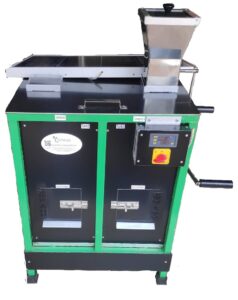
This is Manual Machine with easy to use, it is made up of Aluminium or stainless steel as per customization, This machine works under sun rays or Electrical option is provided during rainy season. this machine has timer control for ventilation, this machine basically works on heating, Mixing and Ventilation and carbon Source.there are two partition is provided in the machine, your daily waste you can add in the first partition till it get fill, whenever first partition is full, you can use second partition to fill, so after filling second partition , you will get compost be ready in first Partition. you can use this compost for your garden, plantation.
solar Powered Composter is Considering India’s Best waste Disposal Manager. heating can be done with natural sunlight which maintain up to 50 deg Celsius, in rainy season you have to add more carbon source to speed composting. mixing will be done manually in the machine, here provided high branded stainless steel shaft with gear mechanism to rotate easily. so here machine will not damage or crack.ventilation is process to avoid smell in Composting, also due to ventilation compost would be made easily and fast. carbon source is main key or heart of composting, you need to add some of carbon source in composting to speed up. carbon source is basically brawn material like saw dust, coco- peat, hay, dry leaves etc.
These are machines Available in Market , people are using and Solving Waste Management Problem and Disposing Waste in Proper way with these techniques.



